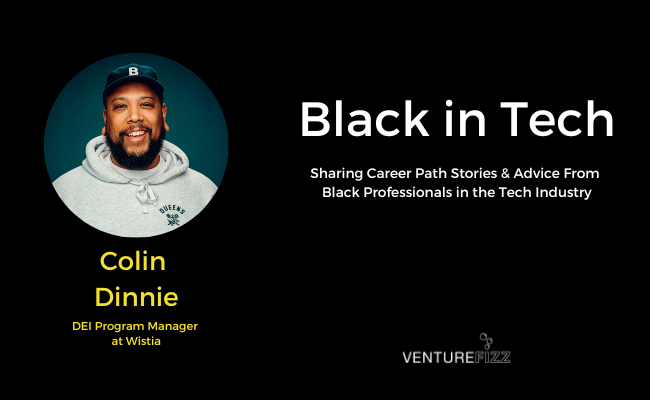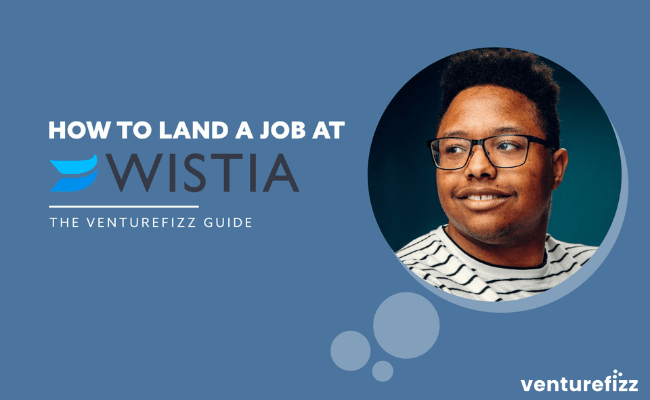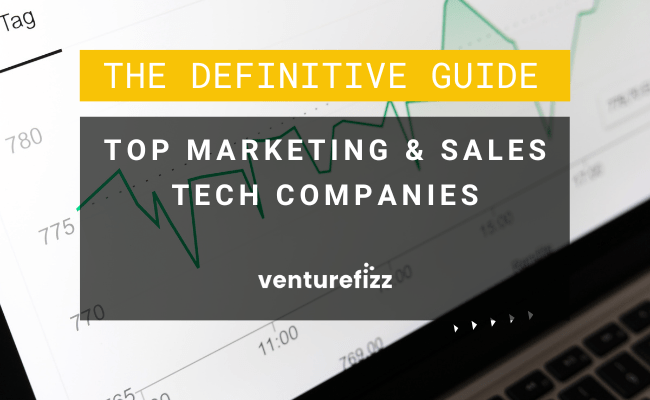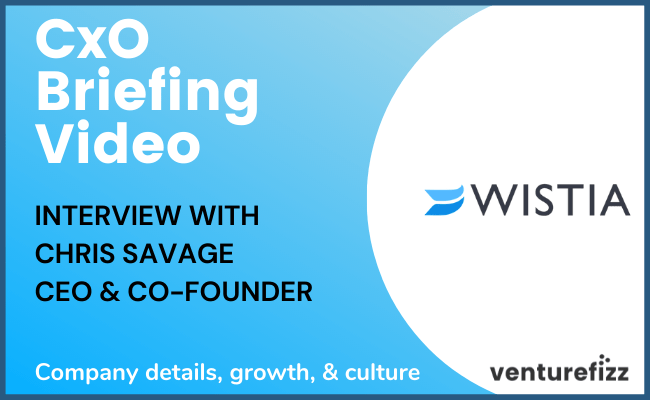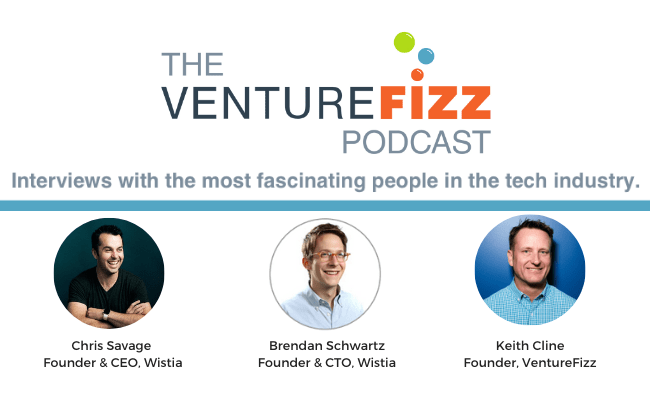Our Black in Tech series features the career path & advice from Black professionals in the tech industry. In this Q&A, Colin Dinnie, DEI Program Manager at Wistia shares his story.
Where did you grow up and what were you like as a child? What did your parents do for work?
The early part of my life was spent in Bloomfield, Connecticut. When I was 8 years old, we moved to West Hartford, Connecticut. My mother was a kindergarten teacher for Hartford Public Schools and my father worked for the Department of Corrections in Hartford.
With Bloomfield being a predominantly black community, and West Hartford being predominantly white, I was thrust into two vastly different situations that shaped much of who I am and how I navigate different spaces. As a child I was (and still am) curious about everything, and highly social. Most of my time was spent between playing sports, or playing/studying music. Whenever I became interested in something I wanted to know everything about it, and would obsess over it until I felt like I was exhausted from learning about it.
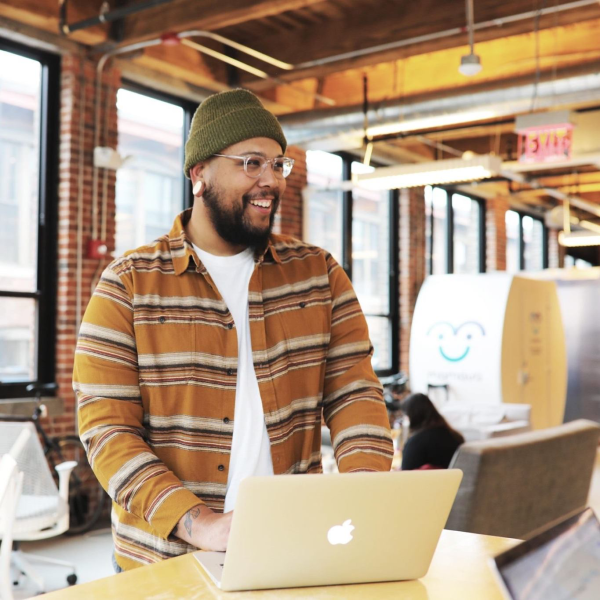
Where did you go to college? What did you study and what did you do after graduating?
I went to Berklee College of Music in Boston MA as a Performance major. This major is designed for those seeking to attain maximum skill and proficiency on their declared instrument and is one of the more strictly focused areas of study. As it is common for Berklee attendees I did not finish, choosing instead to pursue music full time. The rigors and sacrifice required to make music a main source of income became a cost I was not willing to pay, and later sought out a more traditional work environment (with music always remaining a part of my life!)
What inspired you to get into the tech industry?
The prospect of growth. Since I had more of an atypical post-college path most of my jobs consisted of anything that would make ends meet. This included a suit store salesman, bowling alley mechanic, furniture moving, organic produce delivery driver, and support staff in a program for middle school students that require behavioral intervention due to trauma/emotional impairment (still one of the most meaningful and fulfilling jobs I’ve ever had).
Most if not all of these positions had a finite ceiling and I knew I was capable of more, so I looked to break into an industry that I felt was stable and could provide opportunities.
What has your career path looked like in tech and the various positions you’ve held before joining Wistia?
Before joining Wistia I had zero experience in tech; I had a working knowledge of HTML and CSS, along with general proficiency in working with softwares and problem solving. Applying to Wistia was a bit of a leap of faith since I had no prior professional experience, but I felt that If I could just get in a room with people I could show my capabilities and be offered a chance. It worked!
Can you share the high-level responsibilities of your current position as DEI Program Manager at Wistia?
My responsibilities include strengthening and diversifying our team and networks, helping create equitable growth paths and career opportunities for underrepresented groups, and a commitment to making inclusion foundational to all aspects of the business, internally and externally. To achieve this, I work collaboratively with our Talent Acquisition team, schedule speakers and workshops, drive updating demographic data and recommend changes to how we measure and what we report, and report regularly to the company on DEI initiatives as well as the publishing of our annual DEI report.
I also work closely with our Employee Resource Groups to increase the presence and impact of diverse perspectives in the organization.
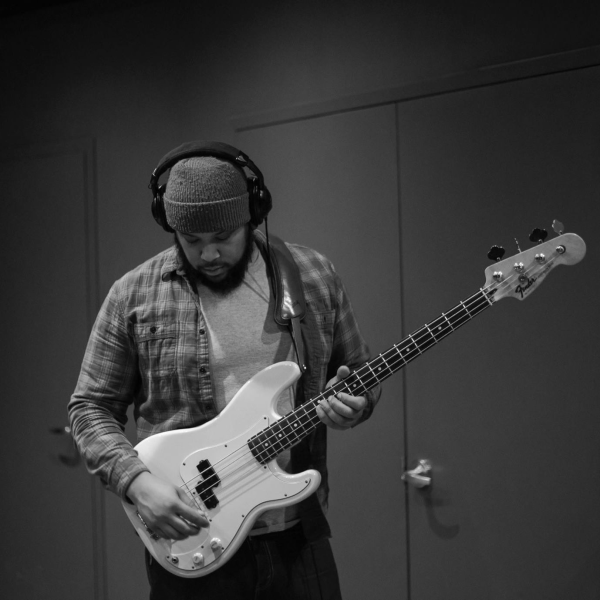
What has attributed to your success thus far and what types of obstacles have you had to overcome along the way as a Black professional?
I’ve been very fortunate to have built up a strong network of friends and colleagues that have gone to bat and advocated for me on more than one occasion. Without them, I’m not sure I would have been afforded the same opportunities to advance my career the way I have.
I’ve also had some incredible examples set forth from other black professionals along the way that helped shape my confidence and establish a sense of worth in an industry where there are all too few that look like us.
However, I’d be remiss not to acknowledge my ability to effectively code switch - presented with the enormous caveat that that is not something I feel black folks should HAVE to learn. In an ideal world it’s not necessary, but growing up in starkly contrasting neighborhoods allowed me to navigate any social or professional situation seamlessly throughout my career. It’s a goal of mine to foster an environment at Wistia where both prospective candidates and current employees do not feel the need to change anything about who they are to gain an opportunity.
What types of programs and initiatives does Wistia have that support diversity, equity, and inclusion?
We have a number of Employee Resource Groups that are instrumental in creating psychologically safe environments for employees with shared identities, as well as offering learning and sharing opportunities within the company through events, speakers and workshops.
Our talent acquisition team has also worked very hard to iterate on the interview process to be fair and inclusive, and ensure that we’re holding ourselves accountable to providing equitable opportunities.
What advice would you give to other Black professionals who are interested in joining the tech industry?
Staying curious and confident is everything. I feel like that’s a bit of a cliche at this point, but there will always be external factors and structures that will do their best to make you doubt yourself or feel unqualified. Staying curious allows you to explore areas and opportunities you may not have thought available to you (as was the case with me), and staying confident will ensure you find the right people (or they find you).
Never be afraid or too proud to ask questions, and don’t be afraid to walk away from situations that no longer serve you. When we communicate success stories, they’re often told neatly through a linear lens and omit the roadblocks and hurdles along the way. Taking a step back is ok. Starting over entirely is ok. It can be scary, and particularly daunting if your life/financial circumstances complicate that route, but betting on yourself will always yield the results YOU want - not the ones someone else sets out for you.
While general awareness of the problem of diversity in the tech industry is a step forward, to make a lasting change, real actions need to be taken. Do you have any ideas or suggestions on what companies or employees can do to step up and make a difference?
Spend the necessary time thinking about the “why” of your DEI initiatives. Engaging in this work because you feel like you’re obligated to or it is what’s expected leads to quick plateauing and unfulfilled change for the underrepresented groups you’re trying to help. The “why” may be different for companies of various sizes and industries, but should always have roots in allyship and advocacy.
In addition to this, it’s paramount that DEI work be foundational to all aspects of your business. It cannot be a box that gets checked or viewed separately from other business goals; instead decisions and established norms should always be made through a DEI lens to ensure transparency and accountability. There is no finish line!
Lastly, I feel it’s important to abandon the idea of home and work life being separate; all any workplace is is a collection of people bringing their whole lives with them into every room, every meeting, every decision, every interaction. It’s crucial that we center the humanity of the people in a workplace and work collectively to foster environments that promote empathy, safety, empowerment, and support. Peoples’ best work is done together.

